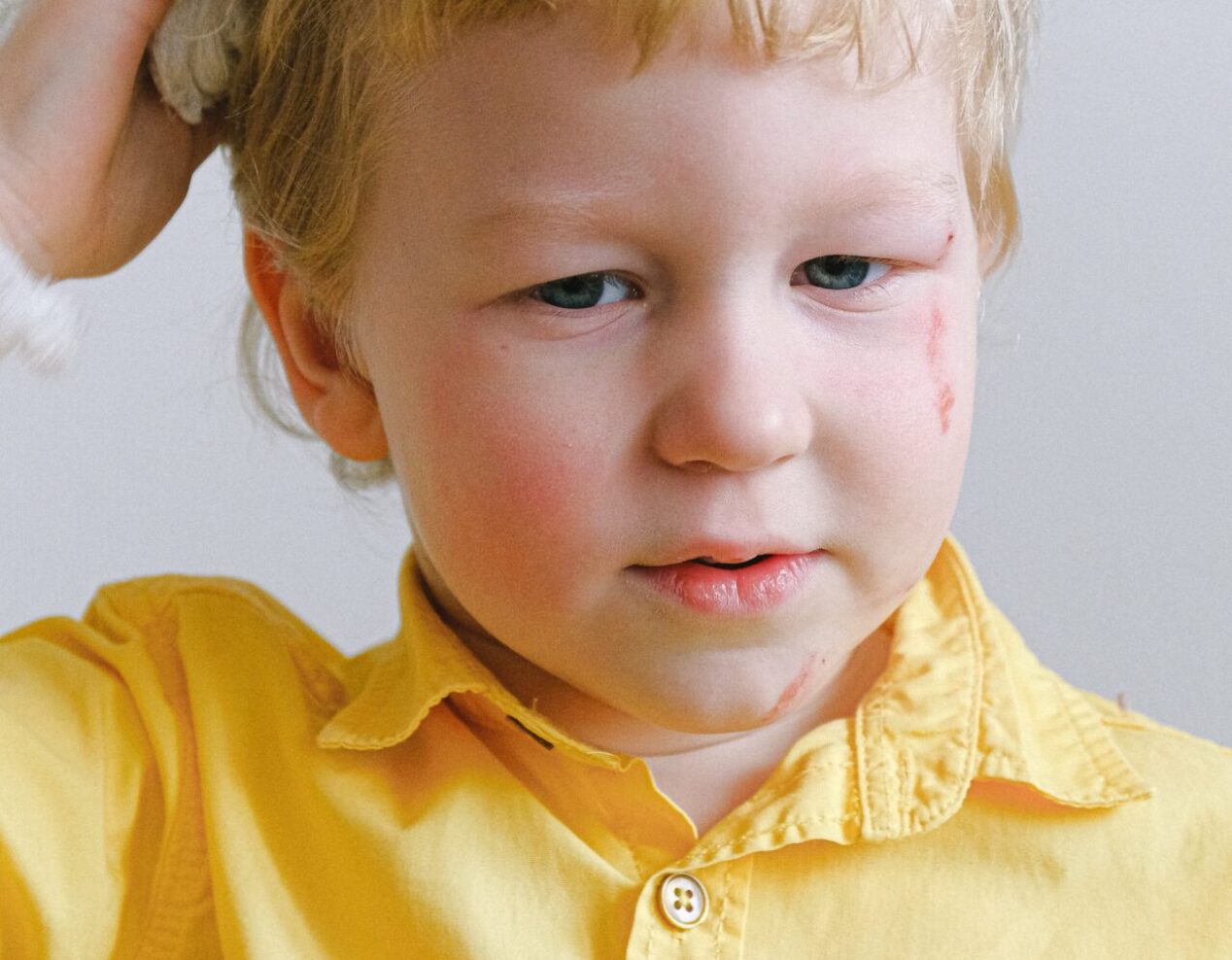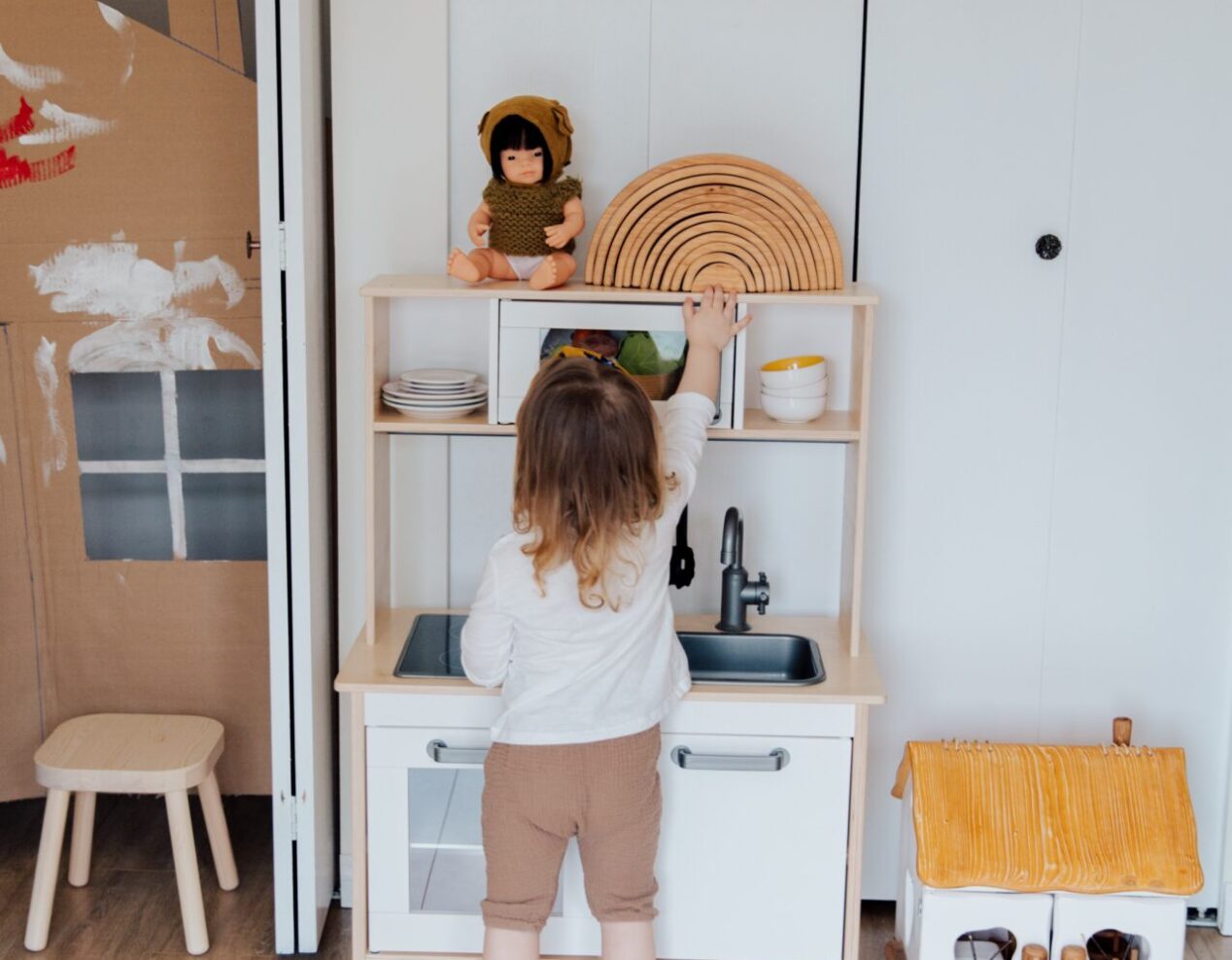Playing catch with mama: Understanding the role of third-person speech in toddler communication

Speaking in the third person, or referring to oneself as if one were someone else, might be more common than you think among parents of toddlers.
This practice has a specific term – “illeism“.
The reason behind this fascinating behavior? It’s quite likely that parents instinctively know that young toddlers understand personal names better than pronouns such as “I” or “me“. The beauty of pronouns lies in their ambiguity, but that’s also why they can be difficult for toddlers to comprehend. Saying “toss the ball to me” may not be as clear to a toddler as saying “toss the ball to Mama“.
Names like Mama, Uncle, Daddy, or Grandma are steady nouns for toddlers. They are always associated with the same individuals in a toddler’s world. However, pronouns are dynamic, shifting according to the context, which can be puzzling for young minds still mastering language.
By opting for names over pronouns, parents simplify their speech, making it more digestible for toddlers. It’s a key step in language development. Initially, toddlers form sentences using their own name rather than “I” or “me“.
As toddlers start grasping the concept of pronouns, parents naturally phase out third-person speech. Comprehension typically precedes usage, so toddlers will understand the meaning of “I” or “me” before they consistently incorporate these pronouns in their speech. This transition usually happens between 27 and 40 months. Even though toddlers may still use their name at times, they will fully comprehend the significance of pronouns much sooner.



